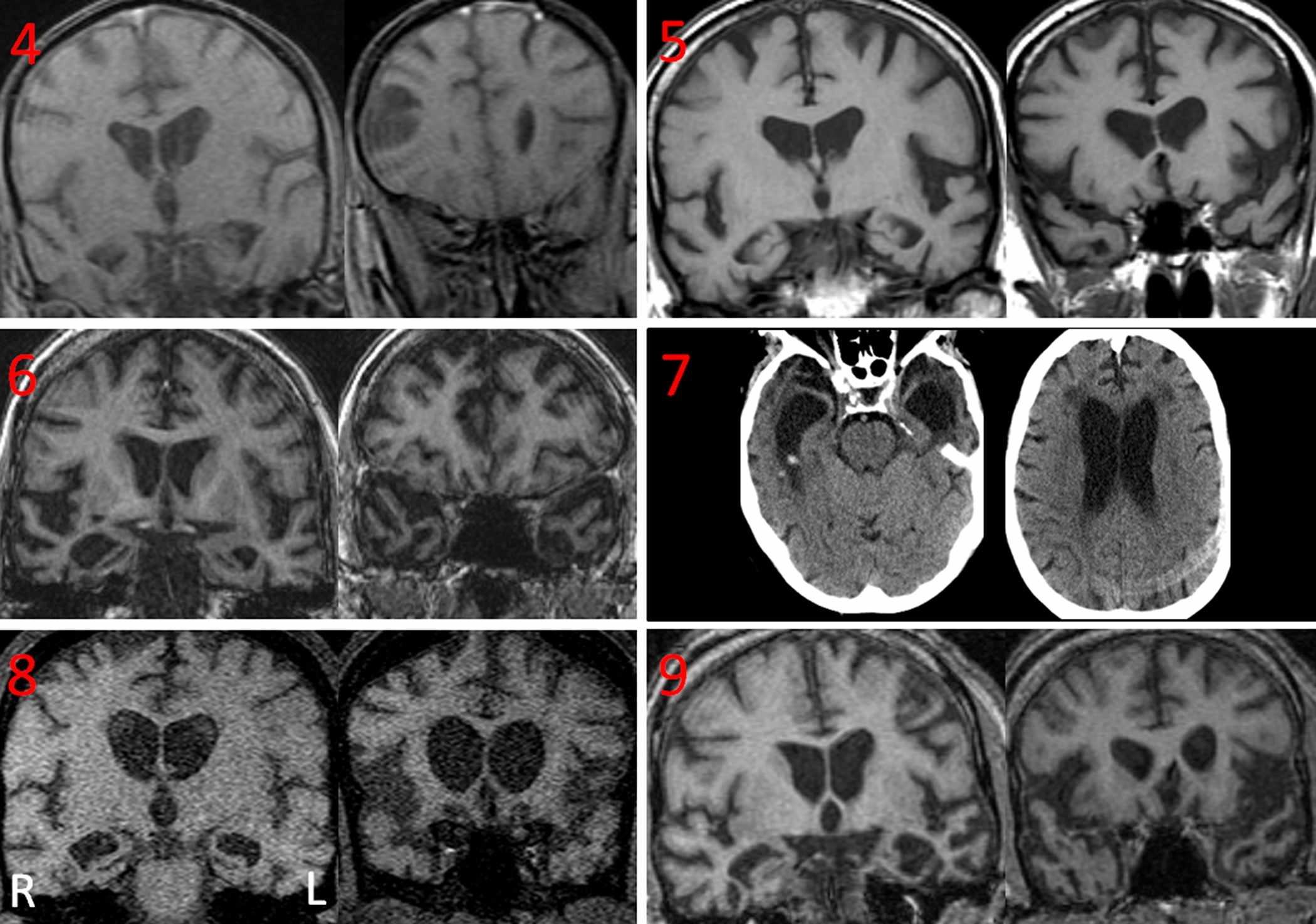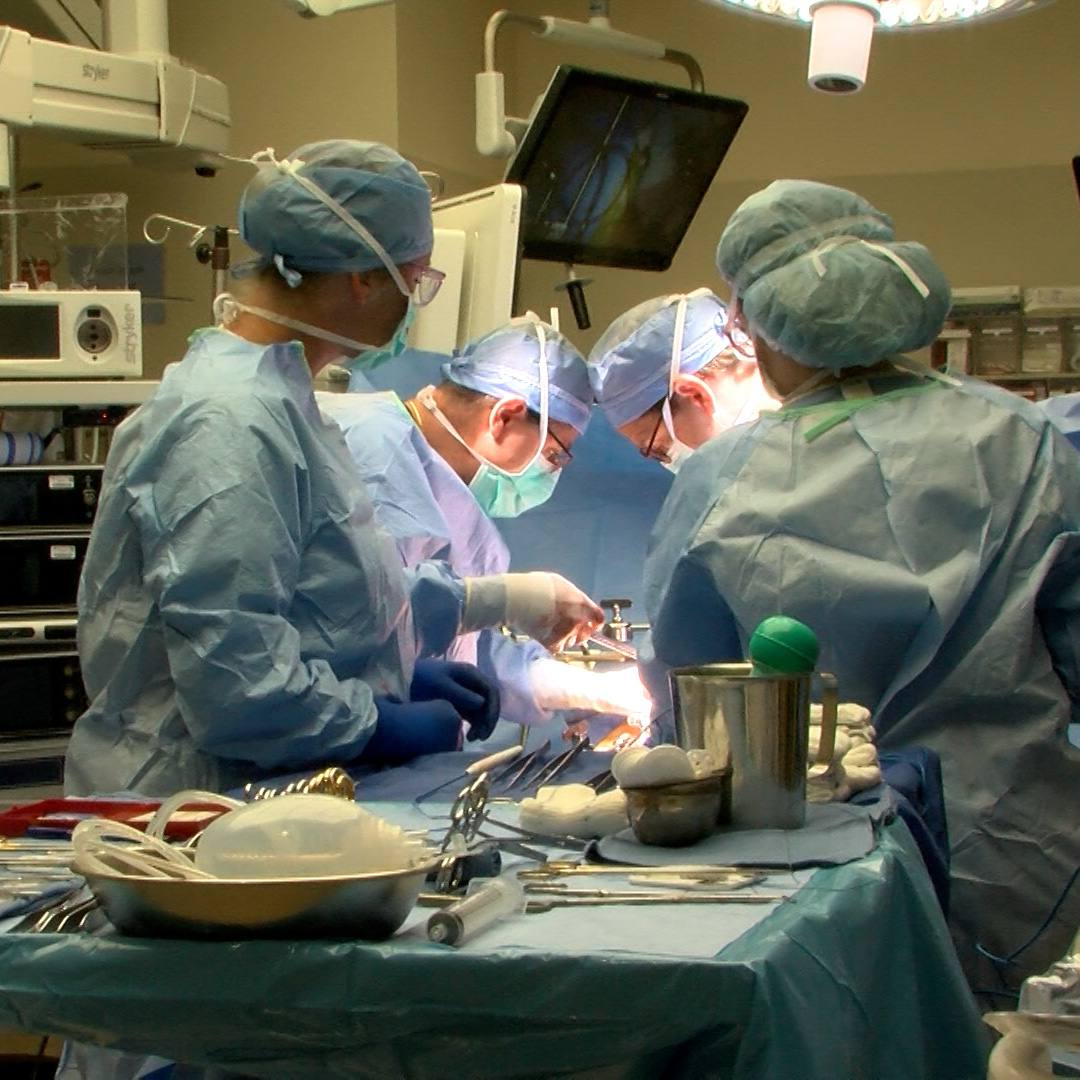-
Brain Scans of Dementia Patients with Coprophagia Showed Neurodegeneration
 ROCHESTER, Minn. — Coprophagia, eating one’s feces, is common in animals but rarely seen in humans. Mayo Clinic researchers reviewed the cases of a dozen adult patients diagnosed with coprophagia over the past 20 years and found that the behavior is associated with a wide range of neuropsychiatric disorders, particularly neurodegenerative dementias. The findings are published in the Journal of Neurology.
ROCHESTER, Minn. — Coprophagia, eating one’s feces, is common in animals but rarely seen in humans. Mayo Clinic researchers reviewed the cases of a dozen adult patients diagnosed with coprophagia over the past 20 years and found that the behavior is associated with a wide range of neuropsychiatric disorders, particularly neurodegenerative dementias. The findings are published in the Journal of Neurology.
Of the dozen patients with coprophagia diagnosed at Mayo Clinic from 1995 to 2015, half had dementia. In those two decades, Mayo Clinic evaluated 67,000 patients with a dementia diagnosis. This yields a frequency of reported coprophagia cases in dementia of about 1 per 10,000 people.
While coprophagia is rare in humans, it is also likely underreported, says lead author Keith Josephs, M.D., a behavioral neurologist at Mayo Clinic. He encourages families and caregivers who see the behavior to reach out to patients’ care teams for help. “Know that there is treatment available,” Dr. Josephs says. “Your loved one doesn’t have to be removed from the assisted living or nursing home environment.”
Behavioral modifications, such as restrictive clothing and drug therapy with antiepileptics and antidepressants, were tried to treat the coprophagia. An antipsychotic drug may be needed to stop the behavior, the study authors say, noting that the antipsychotic medication haloperidol stopped the behavior in four patients.
MEDIA CONTACT
Susan Barber Lindquist, Mayo Clinic Public Affairs, 507-284-5005, newsbureau@mayo.edu
Brain scans of the six dementia patients showed medial temporal lobe atrophy, including a part of the brain called the amygdala, had moderate to severe atrophy. The cause of degeneration was unknown, although one patient who had died with a brain autopsy showed a type of brain degeneration known as frontotemporal lobar degeneration, Dr. Josephs says. In the other six patients without dementia, age, seizures or metabolic changes were potential culprits.
Coprophagia carries a risk of infection and even death.
The 12 patients with coprophagia were split evenly between men and women. Additional behaviors were common in these patients, including scatolia (fecal smearing), hypersexuality, aggression and pica (eating objects of any kind). The median age at onset of coprophagia was 55 years, with a range from 20 to 88 years. In humans with coprophagia, no nutritional deficiency was documented.
Coauthors are: Jennifer Whitwell, Ph.D.; Joseph Parisi, M.D.; and Maria Lapid, M.D., all of Mayo Clinic.
###
About Mayo Clinic
Mayo Clinic is a nonprofit organization committed to clinical practice, education and research, providing expert, whole-person care to everyone who needs healing. For more information, visit http://www.mayoclinic.org/about-mayo-clinic or https://newsnetwork.mayoclinic.org/.







